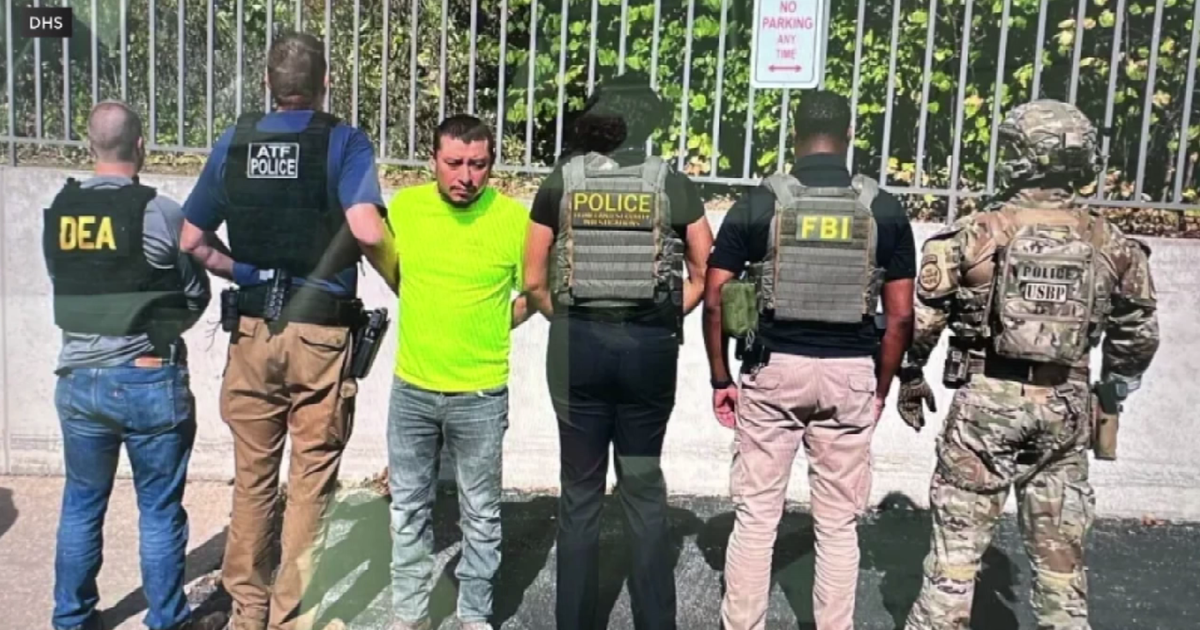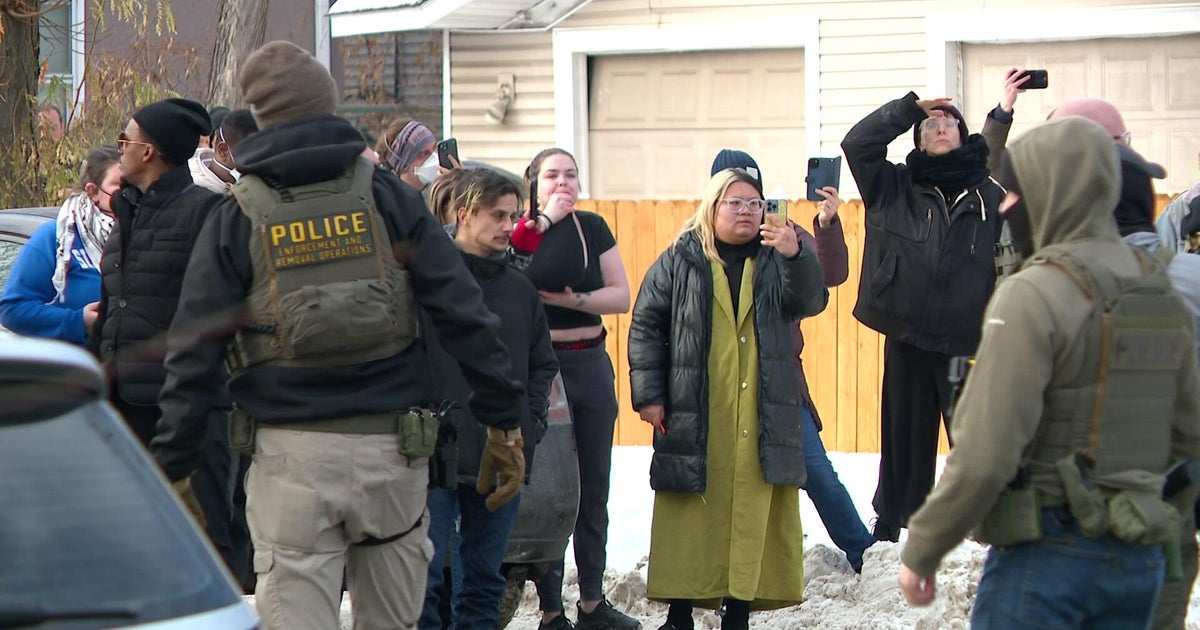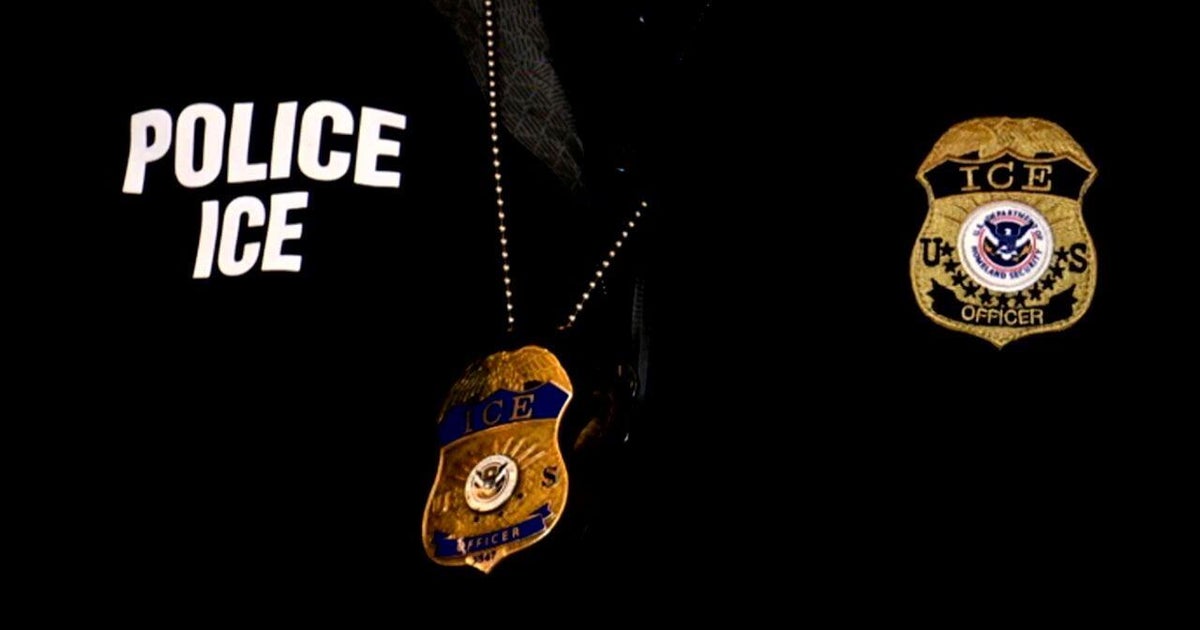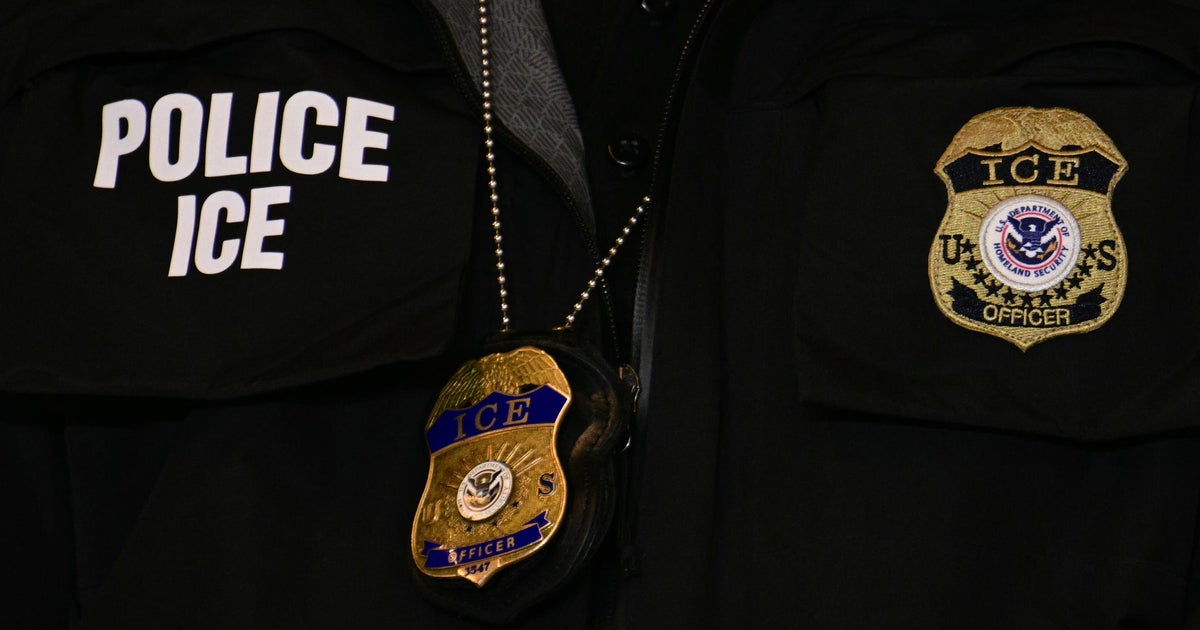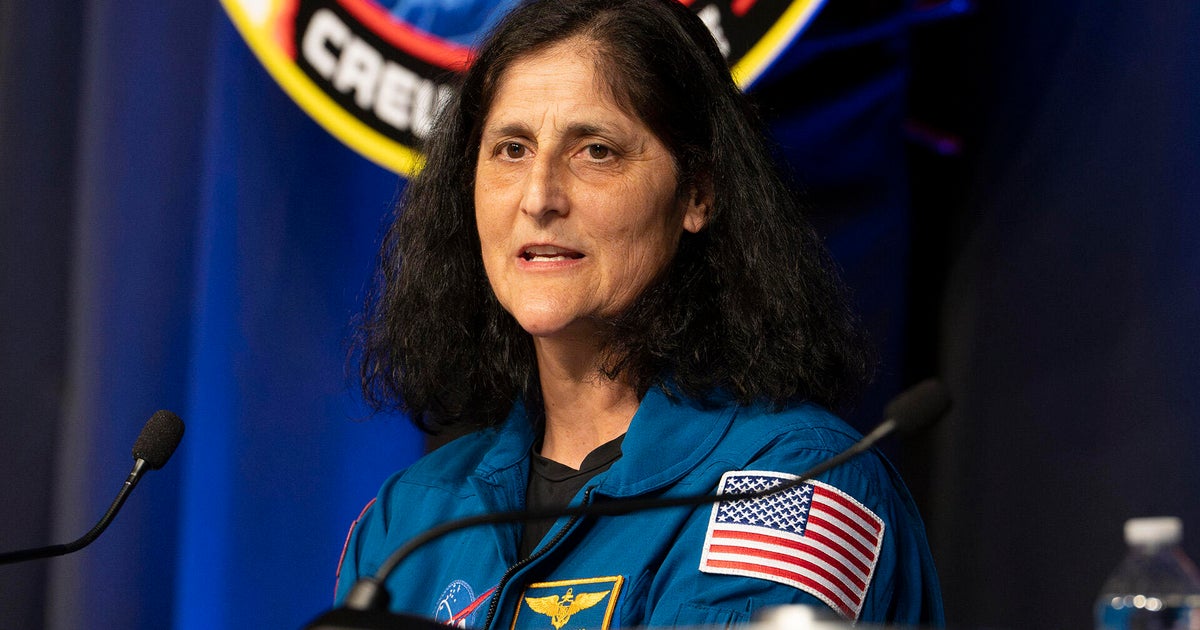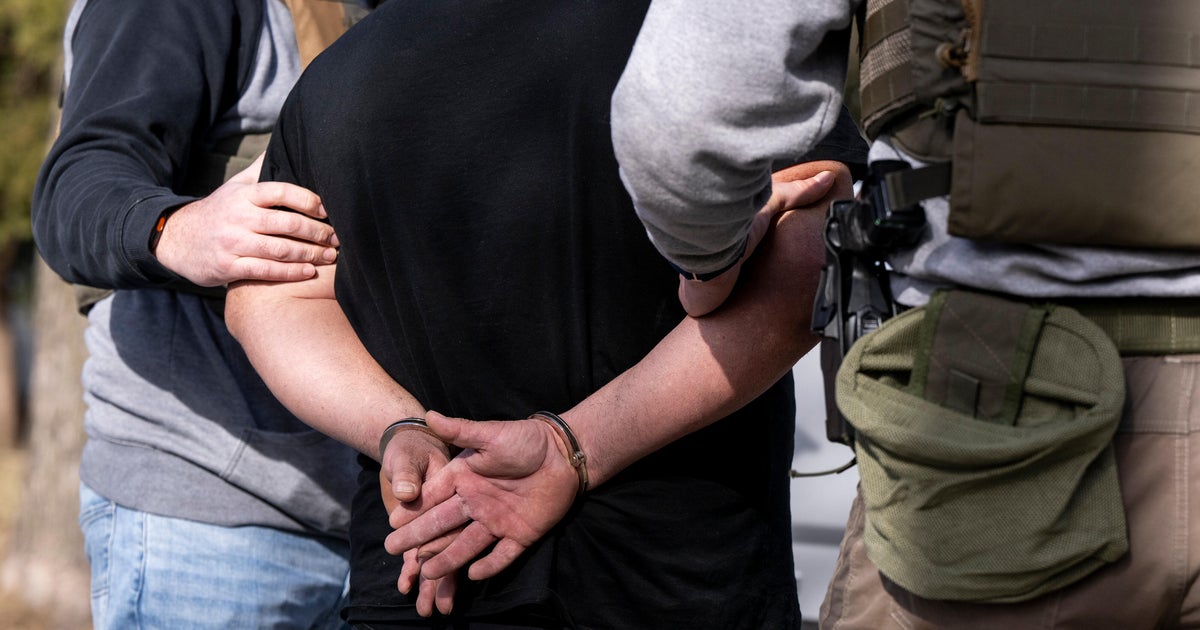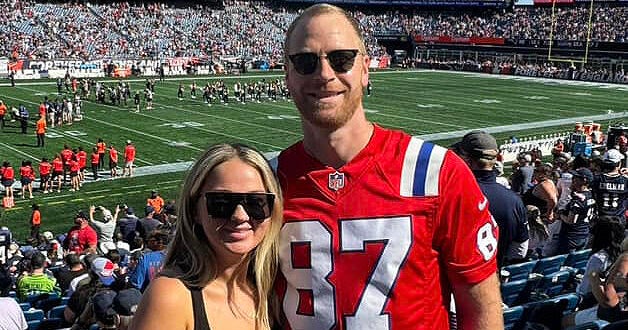Law Enforcement Boosts Safety Measures For Marathon
CHICAGO (STMW) -- Bomb-sniffing dogs, patrolling officers and random bag checks will be at the surface of the Bank of America Chicago Marathon next weekend, but the covert security measures that play out beneath the waterline are equally important, law enforcement officials said.
High-tech and hush-hush federal equipment will be put to use after a Department of Homeland Security decision to elevate the importance of the event in the wake of the Boston Marathon bombings.The marathon was designated a "level two" event, just below mega events like the Super Bowl in the multitier system used to determine the need for federal security assistance.
"Level two means it is an event with national or international importance that may require direct national level support and situational awareness," said Frank Benedetto, special agent in charge of U.S. Secret Service in Chicago. Benedetto, like other law enforcement agents interviewed for this story, wouldn't discuss covert security specifics or the gadgets the federal government is putting on the table, but he said they are myriad.
In August, Benedetto was appointed to coordinate an alphabet soup of government agencies assisting with security for the Oct. 13 marathon, but he was quick to point out that Chicago Police are taking the lead.
Steve Georgas, Chicago Police deputy chief of patrol, said it's a fine line between sharing enough security details to reassure the public while concealing enough to retain an advantage over anyone who could be planning an attack.Georgas acknowledged the use of undercover officers, bomb-sniffing dogs, police boats patrolling the Chicago River near bridges along the route and bag searches among spectators, who are being encouraged to leave their bags at home. He refused to say if garbage cans along the route that could be used to conceal a bomb would be moved. He also would not comment on how many officers would be on patrol or if runners might be subject to pat-downs before the race.
Separate sources confirmed that police will closely monitor the city's extensive surveillance camera system and that they have been combing social media in search of potential threats.
New rules announced by race organizers also are aimed at mitigating security risks.
Entrances to Grant Park have been reduced to four from seven, and each will be staffed by a security team. Runners now must show up in person and present identification to pick up their race bibs at the fitness expo at McCormick Place; they no longer can enlist a friend to complete the task. And runners won't be allowed into Grant Park with backpacks. They must use specially issued clear plastic bags. Friends and family trying to meet up with runners after the race also will be subject to security screens.
The task of securing a 26.2-mile course is daunting. Of the 45,000 runners who registered last year, 38,535 crossed the starting line and 37,455 finished. More than a million spectators line the route annually.
Several security experts expect police to focus on the area of Grant Park, which police have a lot of practice securing, from Lollapalooza to President Barack Obama's election-night party in 2008.
Race organizers also have kept a close eye on the outcome of large marathons run since the Boston bombings. The Berlin Marathon was Sept. 30. The only hiccup occurred when a man promoting an escort service on his T-shirt rushed onto the course and broke the finishing tape ahead of an elite runner.
"It's like a citywide party; there's no hard perimeter like in a stadium," said Michael O'Neil, former commanding officer of the New York City Police Department's counterterrorism division from 2002-07. "The goal is to create a hostile environment for the bad guys. There's no such thing as 100 percent security, but there is risk management," said O'Neil, who is now president of MSA Security.
The goal is to let spectators wave signs and cheer and allow runners to do their thing, but everyone should be in the "if you see something, say something," mindset, O'Neil said.
Runner Jack Gerber is focused on the finishing line, not security.
"It's not worth it to live in fear. It's irrational," said Gerber, 32, a real estate consultant from Lake View. "But I am definitely thankful for police and the people who created the safety protocol and are looking out for us."
Chicago Marathon Race Director Carey Pinkowski said runners so far have been extremely receptive to the security changes and are focused on preparing for the race.
"Our industry, it hasn't been intimidated," said Pinkowski, who was in Boston when the attacks happened. "There was never anything where people took a step back or flinched. It was like, 'We have to move forward with this great tradition.' "
Tom Grilk, executive director of the Boston Athletic Association, said Thursday he wishes he could be in Chicago to show solidarity and gratitude for the love his city has received, but his group is hosting a half marathon the same day.
"We will live our lives the way we always have, no matter how some scoundrel might try to stop that," Grilk said. "In their own 'Chicago Strong' way, I am sure people in Chicago and runners will live their lives the way they choose, not the way someone else dictates."
(Source: Sun-Times Media Wire © Chicago Sun-Times 2013. All Rights Reserved. This material may not be published, broadcast, rewritten, or redistributed.)
